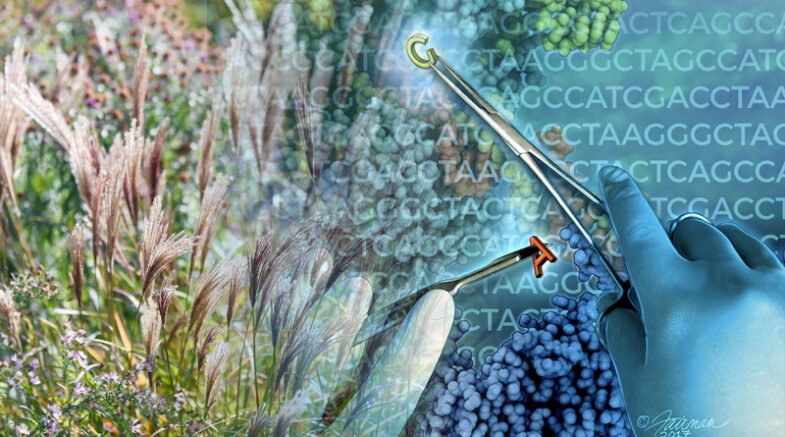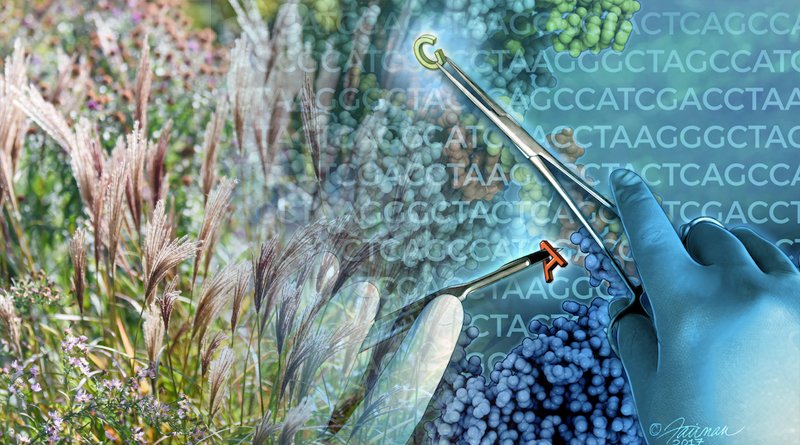Using CRISPR/Cas9 gene editing technology, which is far more precise and effective than earlier techniques, they edited the genomes of three miscanthus species.

Nancy Reichert is a member of the research team that, in miscanthus, a plant with great potential as a long-term bioenergy source, successfully demonstrated precision gene editing for the first time. The study has recently been released in Biotechnology for Biofuels and Bioproducts.
Interdisciplinary team of scientists from across the United States is advancing efforts to produce alternative types of “greener” bioenergy by altering plant gene function, including a professor of biological sciences from Mississippi State.
In order to transition to a more environmentally friendly future, “non-green” sources like petroleum-based energy and bio-based energy could be replaced with plants like miscanthus. This study advances our efforts towards achieving these and related objectives, according to Reichert.
The Center for Advanced Bioenergy and Bioproducts Innovation of the U.S. Department of Energy provided funding for the research, which aimed to hasten efforts to unlock the genetically complex but highly productive grass’s untapped potential as a source of biofuels, renewable bioproducts, and carbon capture.
Using CRISPR/Cas9 gene editing technology, which is far more precise and effective than earlier techniques, they edited the genomes of three miscanthus species.
The team created precision gene-editing techniques that enable researchers to selectively target existing genes within miscanthus to knockout or modify their function, as well as to introduce new genes into precise locations.
In contrast to earlier experiments on miscanthus, which focused on introducing external genes at random places into the plant’s genomes, the team’s work on this plant.
The capability of targeting opens up a new path for genetic advancement. Through these initiatives, the team improves scientific capacities to produce both novel bioproducts, such as oils and specialty chemicals, and bioenergy.
Reichert graduated from the University of Wisconsin–Madison with a bachelor’s degree in bacteriology. She obtained a Ph.D. in molecular biology while attending graduate school at New Mexico State University, where she also worked in the brand-new Plant Genetic Engineering Lab.
